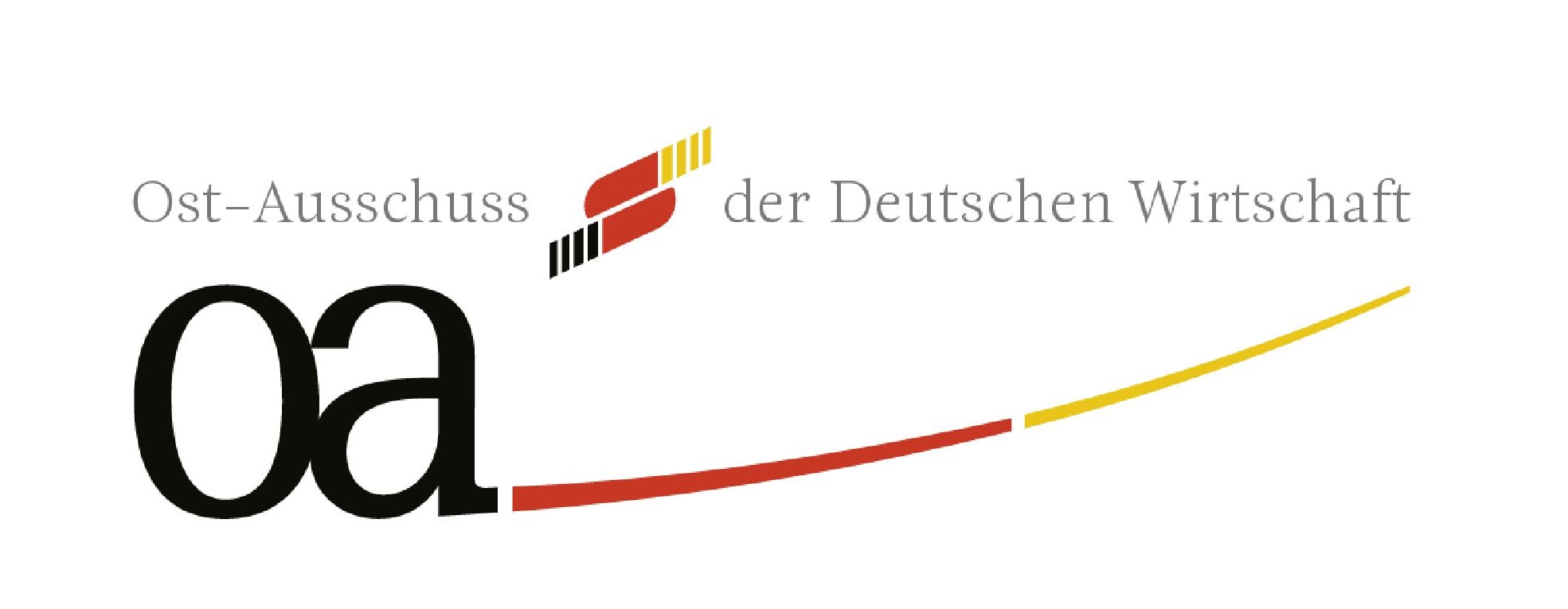BAKU, Azerbaijan, November 5. Turkmenistan’s expanding role in the Middle Corridor, linking Central Asia with Europe, is creating new opportunities for cooperation between Turkmen and German enterprises, Regional Director for Central Asia at the German Eastern Business Association (Ost-Ausschuss der Deutschen Wirtschaft, OA) Vladimir Nikitenko told Trend.
"Private Turkmen enterprises are progressively engaging in
synergistic collaborations with German SMEs across sectors,
including textile commerce, horticultural exports, and logistical
service provision along the Middle Corridor," Nikitenko
articulated.
He observed that these domains exhibit a lower degree of regulatory
oversight, facilitating paradigms of market-driven collaborative
frameworks.
"German Mittelstand enterprises typically deliver machinery,
industrial apparatus, and production technology via localized
distributors or service affiliates, thereby mitigating bureaucratic
impediments and cultivating enduring business alliances," he
added.
As noted by Nikitenko, the incremental expansion of Turkmenistan's
private sector is catalyzing novel avenues for synergistic
collaboration.
"Joint ventures will have more room to grow as Turkmenistan becomes more connected through new trade and transport corridors that connect Europe and Central Asia," he emphasized.
To note, Turkmenistan plays a crucial transit role in the Middle Corridor (Trans-Caspian International Transport Route—TITR) by leveraging its strategic Caspian Sea access via the Turkmenbashi port to connect Central Asia with Europe, supported by significant infrastructure investment in ports and railways and partnerships with Türkiye for seamless logistics. The country actively promotes regional cooperation on corridors like the Lapis Lazuli route and is modernizing its transport sector to become a key Eurasian transit hub, though challenges remain in fully optimizing its potential.







